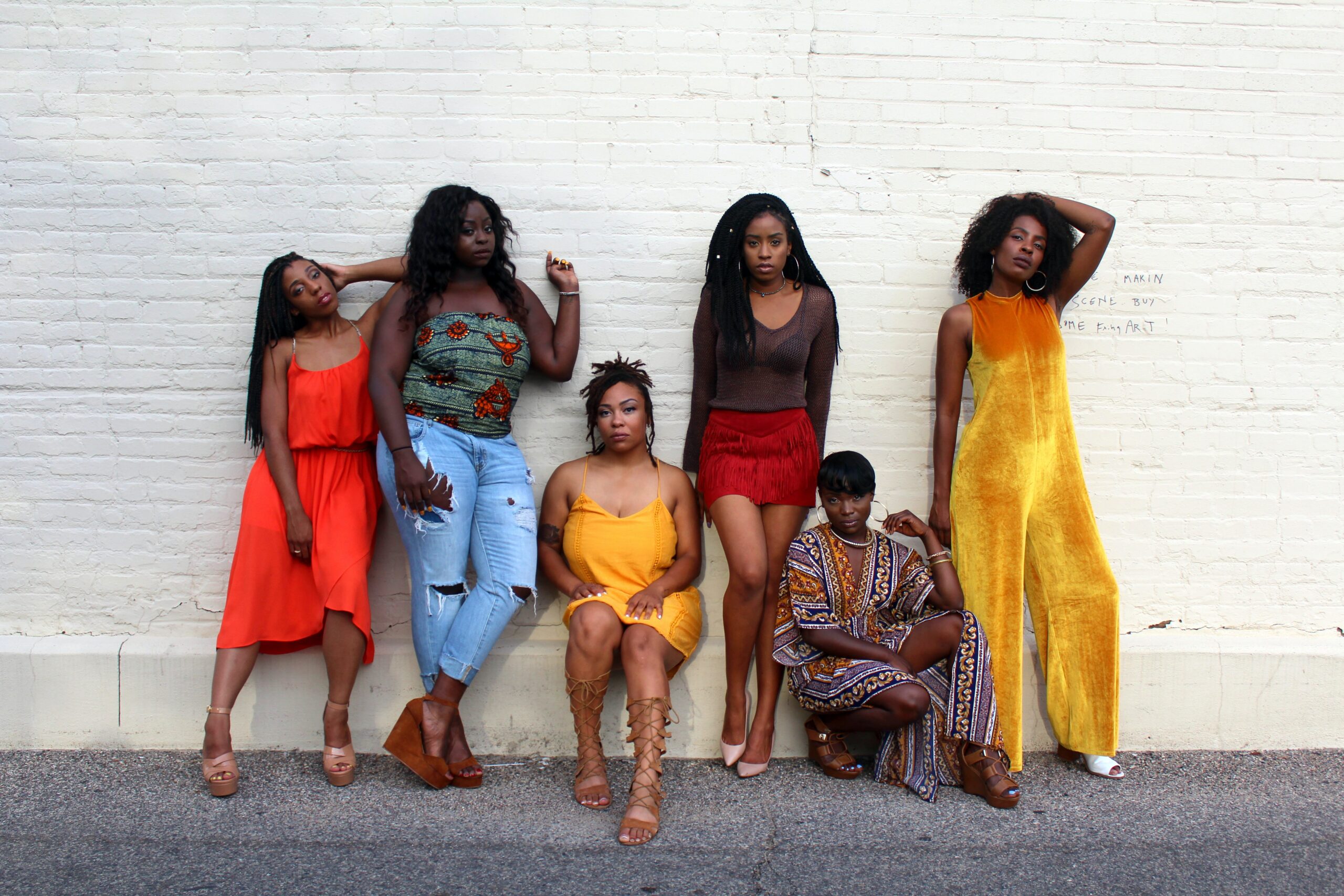As a former high school teacher, Danielle Bayard Jackson found herself helping her students navigate their friendship issues.
“Between classes and after class, young girls would come to me with their friendship issues, and I didn’t realize at the time I was unofficially coaching them through it,” Bayard Jackson told 21Nintey. “I saw firsthand how being kicked out of a group or trying to belong was affecting [my students] academic performance, confidence and energy in class.”
After swapping her six-year teaching career for one in public relations, Bayard Jackson realized that she left behind much of the friendship drama she helped mediate as a teacher. However, she found that many of the businesswomen she crossed paths with also struggled with friendship-related issues.
This revelation kicked off her journey to becoming a friendship coach. During that time, Bayard Jackson was “reading anything she could get her hands on.” She wanted to root her coaching in research-based strategies aimed at helping people strengthen their friendship bonds.
This revelation transitioned into another career for her. She launched her Friend Forward podcast and a popular friendship-focused TikTok channel. Her upcoming book, Fighting for our Friendships, is slated for a May 2024 release. Through her work, Bayard Jackson gained a detailed understanding of the steps Black women can take to strengthen their friendships. She learned how they can address any disconnects presented in their friendships with other Black women.
Bayard Jackson stresses that Black female friendships provide a safe space for Black women in a world that devalues them. To drive this point home for her clients, one of her go-to exercises involves challenging her clients to think about “the various aspects of their identity.” This practice uncovers how necessary it is for them to be apart of friendship communities that affirm their identity.
“There’s all this research that says your friendships are at the center of your identity work,” Bayard Jackson said. “Your friendships are a huge influence on how you see yourself, so we need other Black women friends to see ourselves.”
She adds that sharing space with other Black women allows authentic movement.
“There’s an ease [of life] when you don’t have to speak with pretense and caveats and justify yourself,” Bayard Jackson said. “You don’t have to explain yourself.”
The distress of friendship conflicts can disrupt the ease that comes with Black women sharing space. Through her own observations, Bayard Jackson considers societal pressures a major factor in the conflict struggles many Black woman may encounter in their friendships. For various cultural and socioeconomic reasons, many Black women must express independence at a young age.
“You are being independent,” Bayard Jackson said. “You are caring for others, [and] you have to do for yourself.”
Bayard Jackson has discovered that this experience may result in Black women building blockers that ultimately prevent them from being completely vulnerable in their friendships. Many Black women pride themselves in being able to do for themselves. However, Bayard Jackson said that when others begin to know you more intimately through your personal details, it challenges reality.
“I see how Black women uniquely offer refuge and support to each other. I also see how certain cultural mantras around conflict … can also lead to a sense of isolation, [and] a sense of not feeling known and understood,” Bayard Jackson said. “Then, a lack of vulnerability because of a pressure to maintain an appearance of self-sufficiency. You put all those together, and our friendships just look different.”
Showing up as yourself is her biggest piece of advice when it comes to building those friendship bonds. It requires vulnerability. That vulnerability is the foundation for a friendship where you feel most supported and can return that support.
“Friendships require you to ask for help, not just give it. It’s a bidirectional relationship,” she said. “I have to be comfortable with asking for help. I have to be comfortable breaking down the facade of self-sufficiency.”
